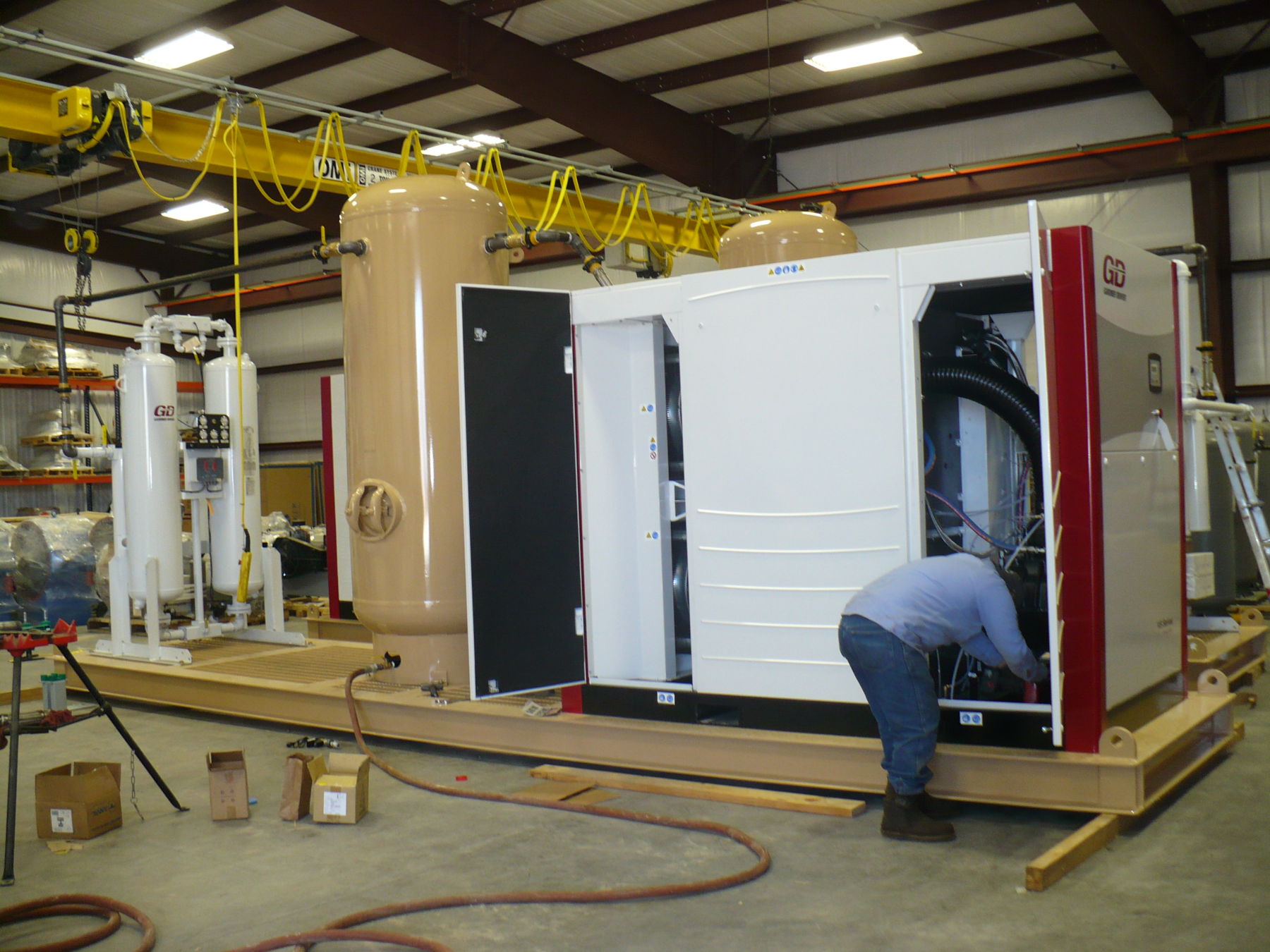
A torque converter is a device that helps transmit power from an engine to a transmission. There are different models of torque converters, such as the TC-210, the TC-221, and the TC-222. These are all used on some types of automobiles.
Symptoms of a wrong valve body on an Allison transmission oil pump
A lousy valve body on an Allison transmission oil pump can cause various issues. It can be challenging to shift the gears or leave the car stranded. These symptoms will help you know if it’s time to get it replaced.
Your transmission valve body may be faulty if you experience banging, knocking, or banging noises when changing gears or driving backward. First, check your fluid levels and check for any odors. Then, bring your vehicle to an automotive repair shop to have the problem checked out.
A valve body is an integral part of your transmission. It serves as the “brain” of your information. There are many small parts inside the valve body. It would help if you never attempted to fix the valve body. Only a trained transmission technician should perform the work.
Transmission problems can be hard to diagnose. However, many drivers may need to realize they have a transmission problem. One common sign is a check engine light. Your vehicle’s onboard computer can monitor your transmission and turn on a check engine light if there’s a problem.
Common failure points on the Allison torque converter
Torque converters are vital to the automatic transmission of an automobile. They allow the engine to continue running while the computer is idle. But when the converter fails, the machine can lose its power output. A faulty converter can be a symptom of other problems in the transmission. If you’re experiencing issues with your transmission, a torque converter replacement can be a worthwhile investment.
The first thing to do when you suspect a problem with your torque converter is to check the engine’s temperature gauge. Overheating can cause the transmission fluid to deteriorate, reducing the converter’s ability to transfer power to the wheels. When you find this, an immediate repair is recommended.
Another standard indicator of a faulty torque converter is the transmission control unit light. The light will come on when the converter loses its capability to deliver adequate pressure to the transmission. An incorrectly operating control unit can also trigger the stalling or bogging of your information.
TC-210 vs TC-221 vs TC-222
It’s important to note that the Allison TC-210, TC-221, and TC-222 are different. Although they have similar functionalities, their names have changed since the company’s inception. As a result, the TC-210’s name is a mouthful, while the TC-221’s is an easy two-word combination. Interestingly, the TC-221 cylinder actuating mechanism has undergone several evolutionary changes. In particular, its mounting pads have undergone a makeover.
For a start, the TC-210 is no slouch regarding the torque converter game. Its cylinder actuating mechanism is one of the most modern and reliable in the business. Of course, that is if you can find a decent used unit. However, if you aren’t in the market for a new team, a slew of aftermarket manufacturers can supply you with a top-notch unit for your truck. As a bonus, many of them carry the all-important warranty, should you need to claim it later.
On the other hand, the TC-222 is a tad more expensive. This explains why you’ll see more of the latter in fleet vehicles.
Fitz Equipment Co. Inc.
In the torque converter industry, Fitz Equipment Co. Inc. has become the leader. This company uses innovative design methods to ensure the best performance for its customers. They provide a seamless experience from the manufacturer to their dealers.
Their research and development team has a wealth of knowledge from years in the transmission industry. The result is a wide variety of performance capabilities and kits.
If you’re looking to replace your factory Allison torque converter, Fitz Equipment Co. Inc. can help. They offer a full line of ready-to-go units, rebuild kits, and a wide range of performance parts. For example, they have a custom SFI-certified billet flexplate bolted directly to the converter. It’s a direct drop-in replacement for the factory flexplate and eliminates its weakness.
Another great option is their custom-built turbine. This converter has been redesigned to increase stall RPM and is available for many applications. A third option is their race series converter, which is aimed at racing applications. These are designed with proven friction materials and are used by racers.